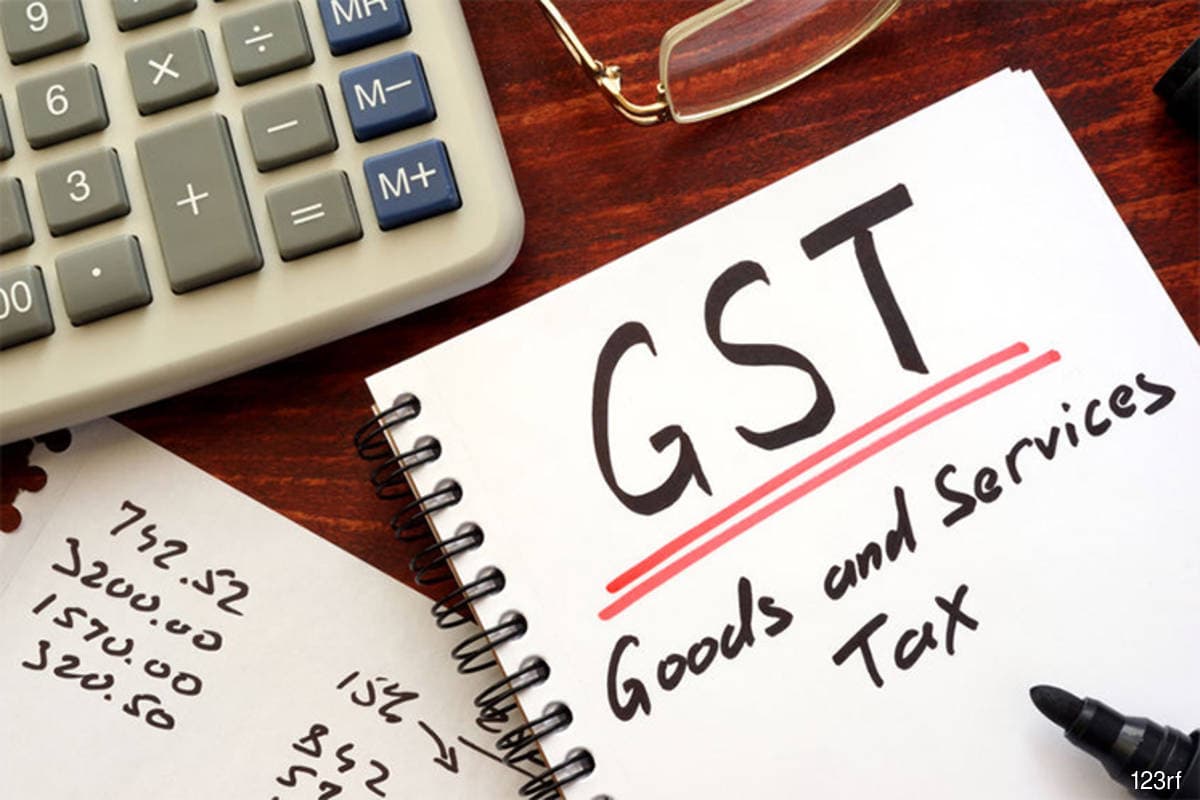
KUALA LUMPUR (June 10): Improvements will be made from the aspect of the efficiency of the refund process if the government decides to reintroduce the Goods and Services Tax (GST), said Finance Minister Tengku Datuk Seri Zafrul Tengku Abdul Aziz.
Besides improving the overall governance of the GST, efforts will also be made to avoid any confusion in the classification of goods as taxable or non-taxable, he said.
There will also be improvements in the skill levels of government officials and the compliance level by businesses, he said in the “Laporan Kewangan Rakyat” (“LKR”) released on Friday (June 10).
The minister however doubted that the GST could be reintroduced this year.
“Any new taxation system would also need to be approved in Parliament and if taken into account the need to engage with the people, as well as to improve the existing system, it is unlikely that the GST will be implemented this year,” he said in the report.
According to Tengku Zafrul, 175 countries or about 90% of countries around the world have introduced a consumption tax or value-added tax, which is more efficient, transparent and able to prevent revenue collection leakage, given that it is a more efficient and transparent system.
He said Malaysia's total revenue collection in 2021 stood at 15.1% of the gross domestic product (GDP) and this was relatively low, compared with other countries in the region such as Singapore (18.9%), Thailand (17.7%) and the Philippines (15.5%).
As for the country’s tax revenue collection, it accounted for 11.2% of the GDP.
Therefore, Tengku Zafrul said the government needs to scrutinize efforts towards broadening the revenue base, so that it can be distributed in a more meaningful way through development programmes that will benefit the whole of “Keluarga Malaysia” (Malaysian Family).
“Although Malaysia is currently benefiting from rising global commodity prices, commodity-related yields are unsustainable as they depend on global market price movements. It is not able to fully cover the necessary increase in spending for the welfare of the people.
“Hence, the government needs to explore a stable and wider source of revenue such as a consumption tax.
“Nevertheless, before the government introduces any new tax, we need to ensure that the economic recovery post Covid crisis has already achieved a stable and solid track,” he said.
Prime Minister Datuk Seri Ismail Sabri Yaakob said on June 5 that the government was still studying the possibility of reintroducing the GST and had not yet made a decision.
The prime minister said the GST is capable of broadening the country's revenue base and the government does not rule out the possibility of its reintroduction, as it is an effective means of increasing national income and combating inflation and the rising cost of living.
In March, the Ministry of Finance said it was considering the reintroduction of the GST as part of a comprehensive tax reform to strengthen the country's revenue-raising capacity. Bank Negara Malaysia also supported the idea of reintroducing the GST, saying it would ease the heavy financial burden on the government.
The GST was first implemented in Malaysia on April 1, 2015 at 6%. The tax was suspended on June 1, 2018 and finally abolished and replaced by Sales and Services Tax (SST) on Sept 1, 2018 by the Pakatan Harapan government.
The current sales tax rate is 5% and 10%, while the service tax is 6%.